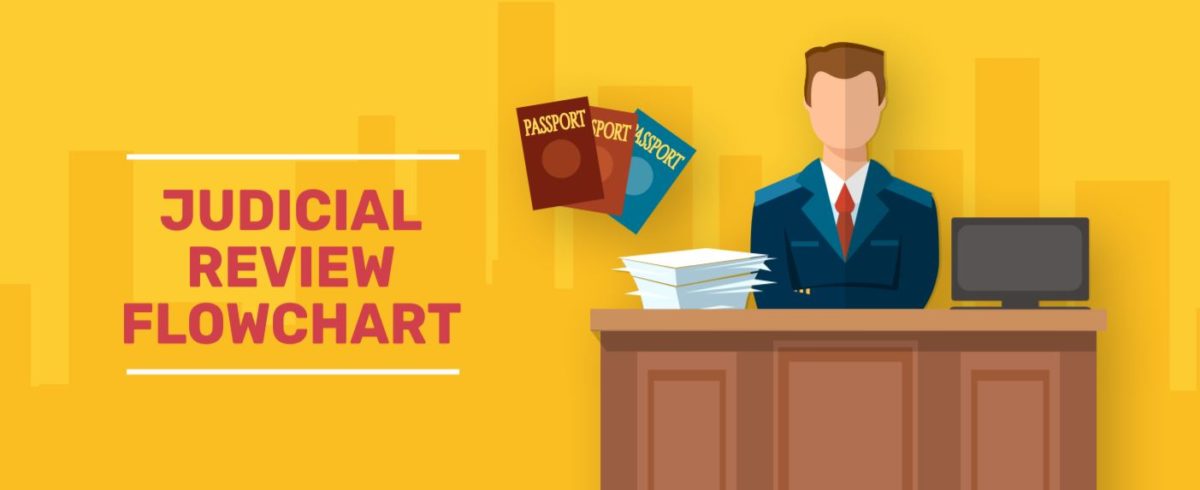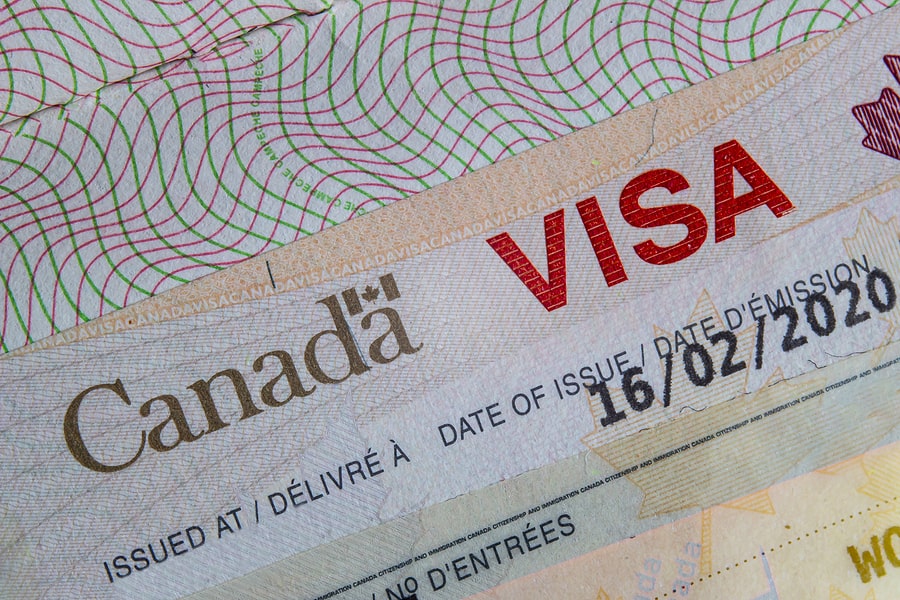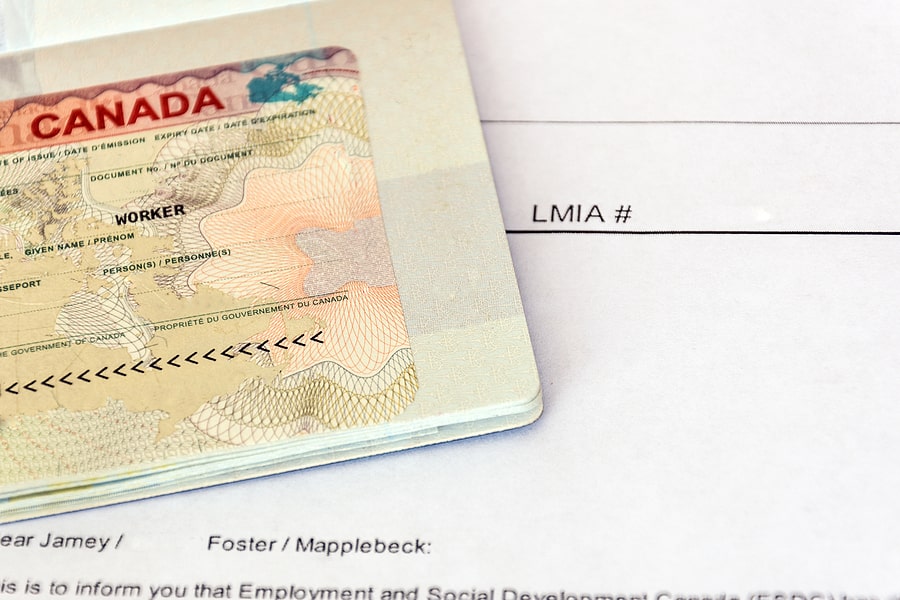
Immigration applications get refused. Whether for good reason or bad, and no matter how much time, money and effort go into the application process, refusals still happen. While this can be very frustrating, a refusal is not the end of the road.
There are different options you can pursue when faced with a refusal. It is always best to speak with an immigration practitioner to help you decide which option to pursue, based on your specific circumstances. Different refusals come with different sets of consequences, so it’s always best to consult a professional.
At Hummingbird Lawyers LLP, we have extensive experience challenging refused immigration decisions. As litigators, we fight hard to exhaust all opportunities and will guide you in a direction that makes the most sense both in terms of your immigration circumstances, as well as your budget. We are experienced and knowledgeable with all different levels of tribunals, and we are prepared to take your matters to the Federal Court of Canada if needed.
- What is an application for leave and judicial review?
- Steps Of application for leave and judicial review
- We Can Help With Judicial Review
- Frequently Asked Questions
- Contact An Immigration Lawyer Today

What is an application for leave and judicial review?
The Federal Court is one of the formal methods for challenging an immigration refusal. This method of challenge is called an “Application for Leave and Judicial Review.”
The right to challenge an immigration officer’s refusal comes from the Immigration and Refugee Protection Act (IRPA) itself.
The goal of a judicial review application is to have a Federal Court Judge overturn or set aside a refusal decision, and have the decision sent back to be re-determined by a new officer. An application for judicial review does not mean that your application is being granted – if it is successful, it will be sent back for review.
Depending on the refusal decision that was rendered, the Judge is going to be looking at whether the immigration officer’s decision was correct or reasonable. This is a standard of review that is sometimes difficult to understand, but it is the key to a successful application for judicial review, and it’s something that we at Hummingbird Lawyers LLP are very experienced at handling successfully.
It is important to note the key deadlines in an application for leave, as the Court is very strict with applicable due dates.
Steps Of application for leave and judicial review
Typically, an application for leave and judicial review takes place in 5 steps:
-
Commencing an application for leave and judicial review
An application must be commenced at the Federal Court within either 15 days (in-Canada decisions) or 60 days (overseas decisions) from the date which become aware of the refusal of your application. If you have received the reasons for the refusal, you will have 30 days from when you issue your claim to perfect or complete your application. If you have not received the reasons yet, then usually a few weeks after you start your claim, you will receive the reasons (called “Rule 9 Reasons”). You will then have 30 days from that date to perfect or complete your application.
-
Perfecting your application and exchanging application materials
Once you have been given the reasons for the refusal, you must prepare your application for leave and judicial review, which includes your refused application, the refusal reasons, and a detailed legal memorandum that sets out your legal argument as to why you believe your application is entitled to a judicial review. Approximately 30 days after submitting your application, you should receive a response from the Department of Justice, who is representing the Government of Canada; the Respondent in your claim.
-
Leave decision is made
Once the pleadings are exchanged, your matter will go to a Judge of the Federal Court who will make a decision as to whether “leave” is granted. Leave is a legal term which means that the Court will allow a hearing to be heard on this matter, depending on whether they believe there is merit to the argument. If leave is not granted, your claim cannot proceed any further. If leave is granted, a hearing will be scheduled in approximately 90 days.
-
Judicial Review Hearing
If leave is granted, a hearing will be scheduled by the Court. This hearing is brief – only about 1.5 hours – and it is an opportunity for your lawyer to speak directly to a Judge about the merits of your case. A lawyer from the Department of Justice will be making their own submissions as well, as this is an adversarial process. There is no evidence tendered at a judicial review hearing, and it is an opportunity to make your pitch to the Court.
-
Decision
If the Judge agrees with your arguments, s/he will strike the refusal decision from the record, and send your application back to the visa or immigration office to be re-considered by a new officer. Again, a Judge at a judicial review hearing does not typically grant your application, but rather will give you an opportunity to have your application reconsidered. This is another chance; not a guarantee.
The judicial review process can often be overwhelming and complicated. There are many factors that go into each decision to proceed with an application for leave and judicial review. Understandably, there is a lot of work involved in each application, and it takes someone with experience to be able to review both an application, and the reasons for refusal, to determine whether a decision was improperly made.
We Can Help With Judicial Review
At Hummingbird Lawyers LLP, we have the requisite knowledge and experience to pursue applications for leave and judicial review. We are litigators, and therefore comfortable up on our feet in a courtroom. Experience has given us a good sense of when a decision should be challenged. An application for leave and judicial review is often the only way to challenge an unreasonable refusal decision, and it is important to have an immigration lawyer in Toronto fighting on your behalf.
Frequently Asked Questions
Am I able to include new evidence into my application for judicial review that was not included in the application that was refused?
No. An application for judicial review is your opportunity to say to a Court: “I do not believe that given the content of my application, the decision made was correct.” The Court is only going to consider whether the original decision was correct or unreasonable on the basis of the information that was before the officer who made the decision. Since that is the case, you are not allowed to include new evidence, or any other information that was not before the decision-maker, before the Court.
How long does the judicial review process take?
The length of time that this process takes is sometimes what makes this process unattractive to our clients. We usually estimate that from start to finish – i.e. from when we first commence the application in the Court, to when a hearing is conducted (assuming leave is granted) can take 8-9 months. This is just an estimate given that it can sometimes be shorter, if, for example, a settlement is reached between the parties, or longer, depending on how complex the issues are.
For this reason, it is important to have a conversation with your lawyer about what steps need to be taken to allow you to achieve your goals. Sometimes an application for leave and judicial review is not required, but sometimes it is the only way to try and get what you need, and you will need to be patient while the process plays out.
Does every application go through every step set out above?
No. Like all litigation, an application for leave and judicial review has the involvement of a number of different parties. There is you, your lawyer, the Department of Justice counsel, the representative from IRCC, and the officer who made the decision. Sometimes a refusal decision is obviously incorrect, and you may be able to settle the case without going through every step. Sometimes a negotiation is required. At other times, yes, you will need to go through all these steps, but having counsel who can successfully navigate these options, and help you decide what steps to take, is crucial. It can save you time and money and unnecessary stress.
Is an application for judicial review my only option for challenging a refused decision?
Every refusal decision that comes from a Canadian immigration officer or tribunal is different. In some cases, the most effective way to challenge a decision is with the help of the Federal Court, but there are also options to request reconsiderations of refusals, go to the Immigration Appeal Division (IAD) for certain other types of refusals, or other options depending on the specific circumstances of your case.
If you feel that you have good reason to challenge a decision, please call us and we would be happy to help you.
Contact An Immigration Lawyer Today
Finding experienced and reputable lawyers in Toronto and lawyers in Vaughan is made easy, with Hummingbird Lawyers LLP’s two locations. Choose the location most convenient to you, and our staff are ready to assist you with your legal matters.
Contact Hummingbird’s Toronto immigration lawyers for more information about our immigration law services.
Related Articles:


